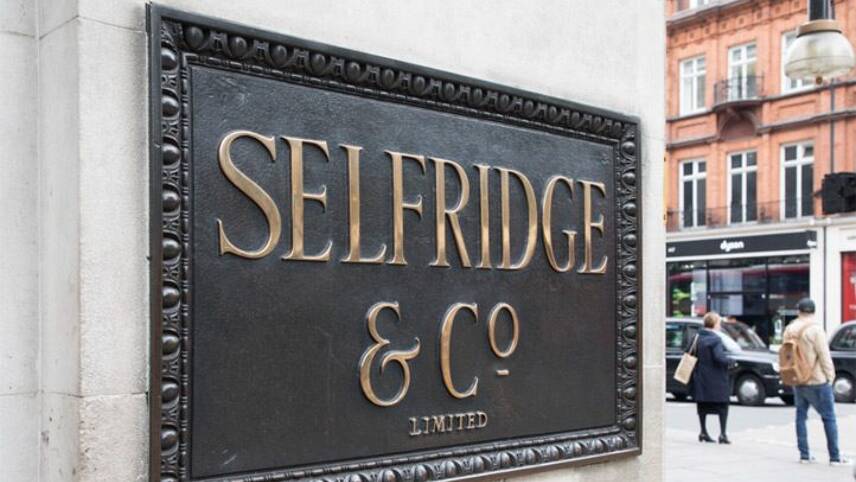Register for free and continue reading
Join our growing army of changemakers and get unlimited access to our premium content

Selfridges will introduce a new 3000 square foot permanent circular fashion hub at its flagship London store.
In 2020, the luxury department store launched ‘Reselfridges’, its first own-brand resale model, following a successful collaboration with Depop, a fashion resale platform, during a pop-up event at its flagship store in 2019.
The company is now extending the initiative, establishing it as a permanent feature at all four of its UK stores, providing additional opportunities for customers to purchase and sell both vintage and contemporary clothing and accessories in-store and online.
As part of the expansion, Selfridges will introduce a new 3,000 square foot permanent circular fashion hub at its flagship London store, consolidating circular fashion initiatives such as SOJO repair, HURR rental, Vintage Threads and We Are Cow into one location. This is three times larger than the initial trial hub.
In addition, the store will continue to offer The Handbag Clinic’s concession, providing repair and restoration services for leather goods such as handbags, luggage and trainers.
Smaller ‘Reselfridges’ hubs will be installed at the retailer’s three other UK locations.
Broader strategy
Selfridges, part of the Sustainable Markets Initiative’s Fashion Task Force, is committed to delivering 45% of its transactions across stores and online from circular products, practices and services by 2030.
In 2020, the company launched its ‘Project Earth’ sustainability strategy, headlined by a net-zero commitment for 2050, which has since been moved forward to 2040.
The brand has also pledged to procure all high-impact materials used across its operations from suppliers possessing third-party sustainability certifications by 2025.
Additionally, it aims to substitute palm oil with certified sustainable alternatives in its own-brand grocery items, encompassing leather and synthetic textiles used in fashion and homewares.
According to a United Nations Economic Commission for Europe report, textile manufacturing contributes to 10% of worldwide carbon emissions, while heavily depending on water and natural resources.
Furthermore, textiles constitute the primary origin of microplastic pollution, making up 35% of ocean microplastics, as per the International Union for Conservation of Nature (ICUN).
However, a recent report revealed that fashion industry giants have made little to no progress in addressing their negative social and environmental impacts over the past year, despite growing awareness and calls for change.


Please login or Register to leave a comment.